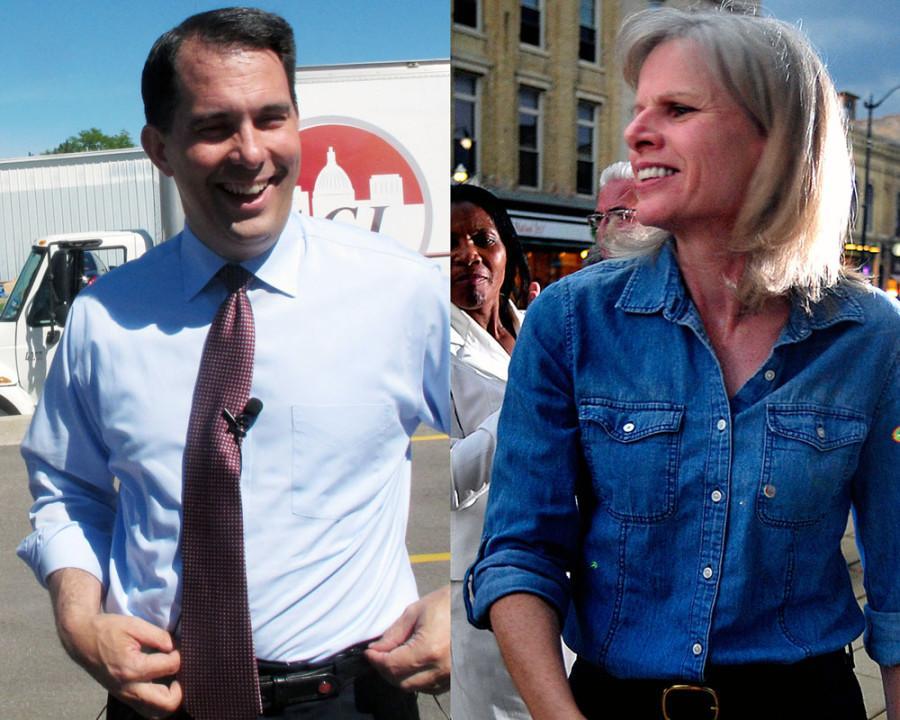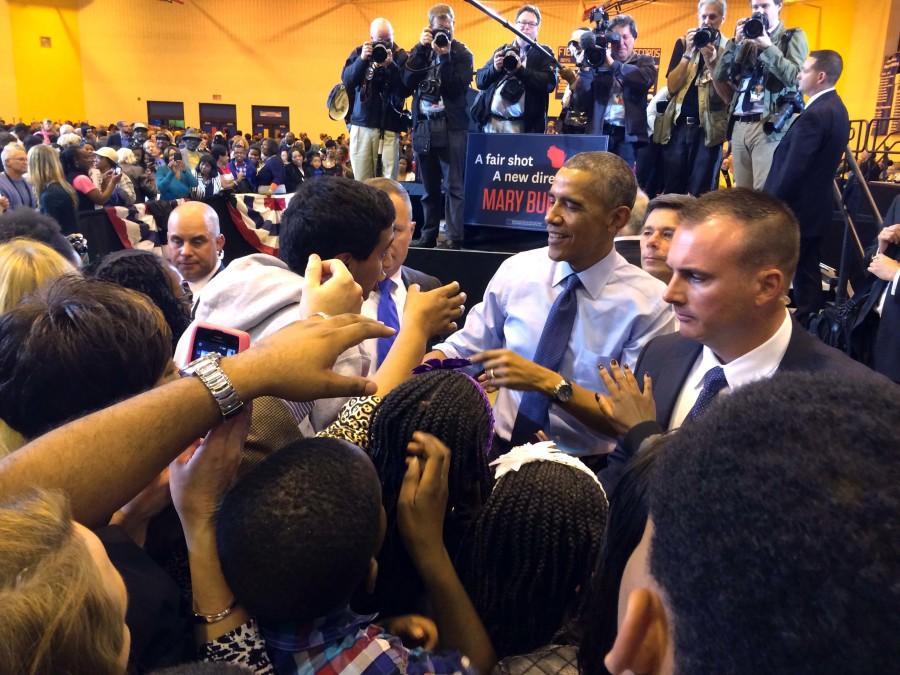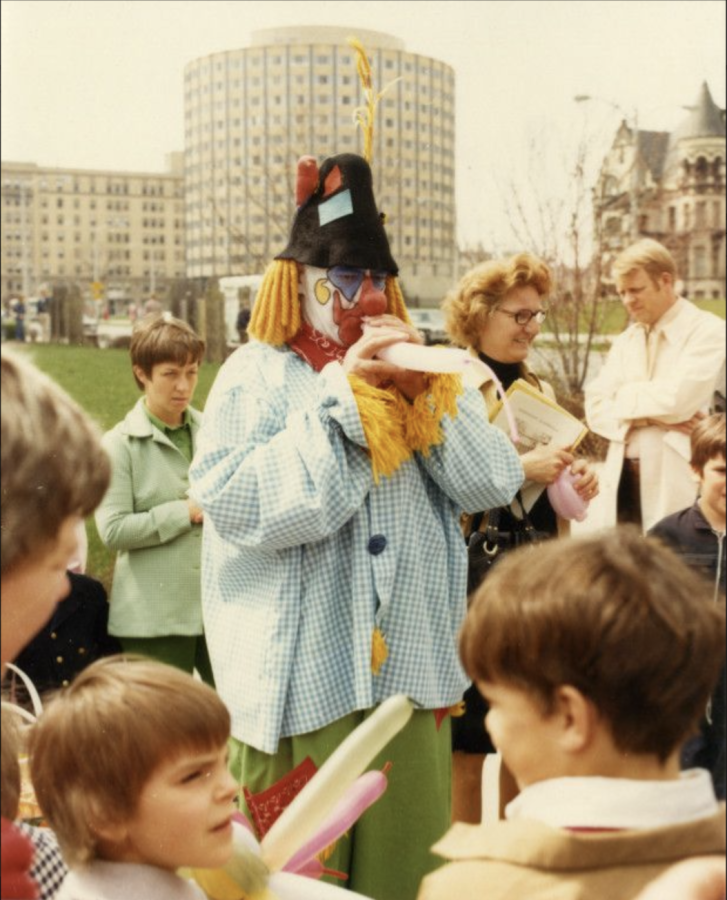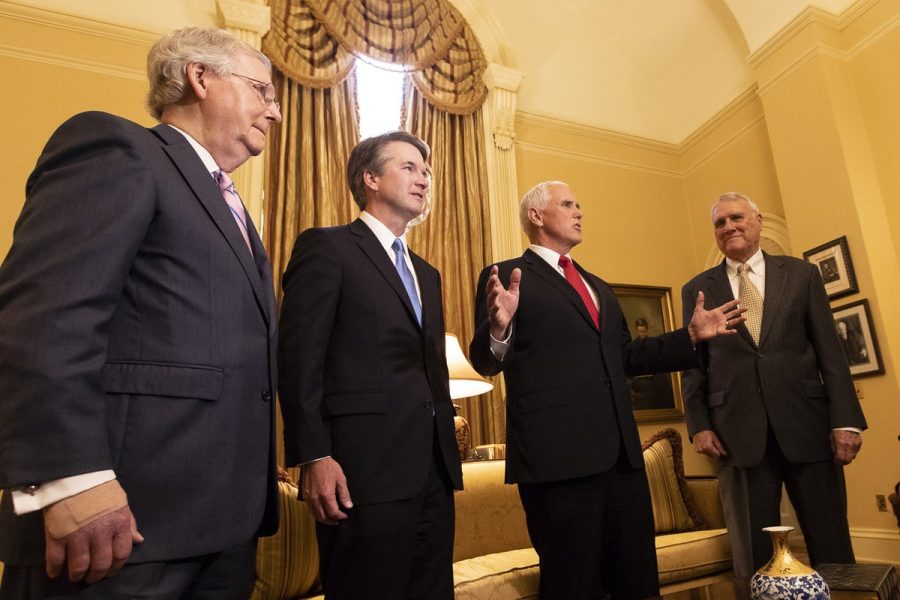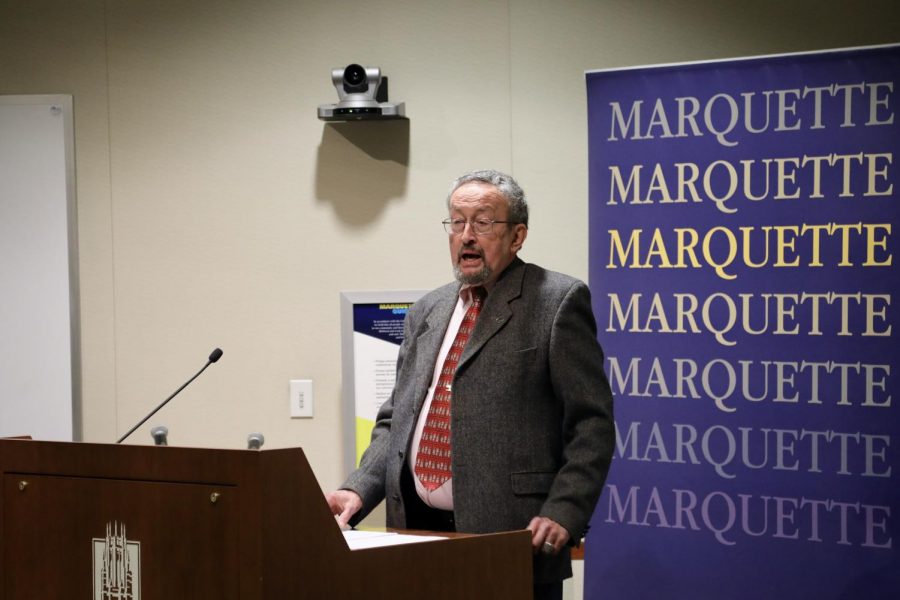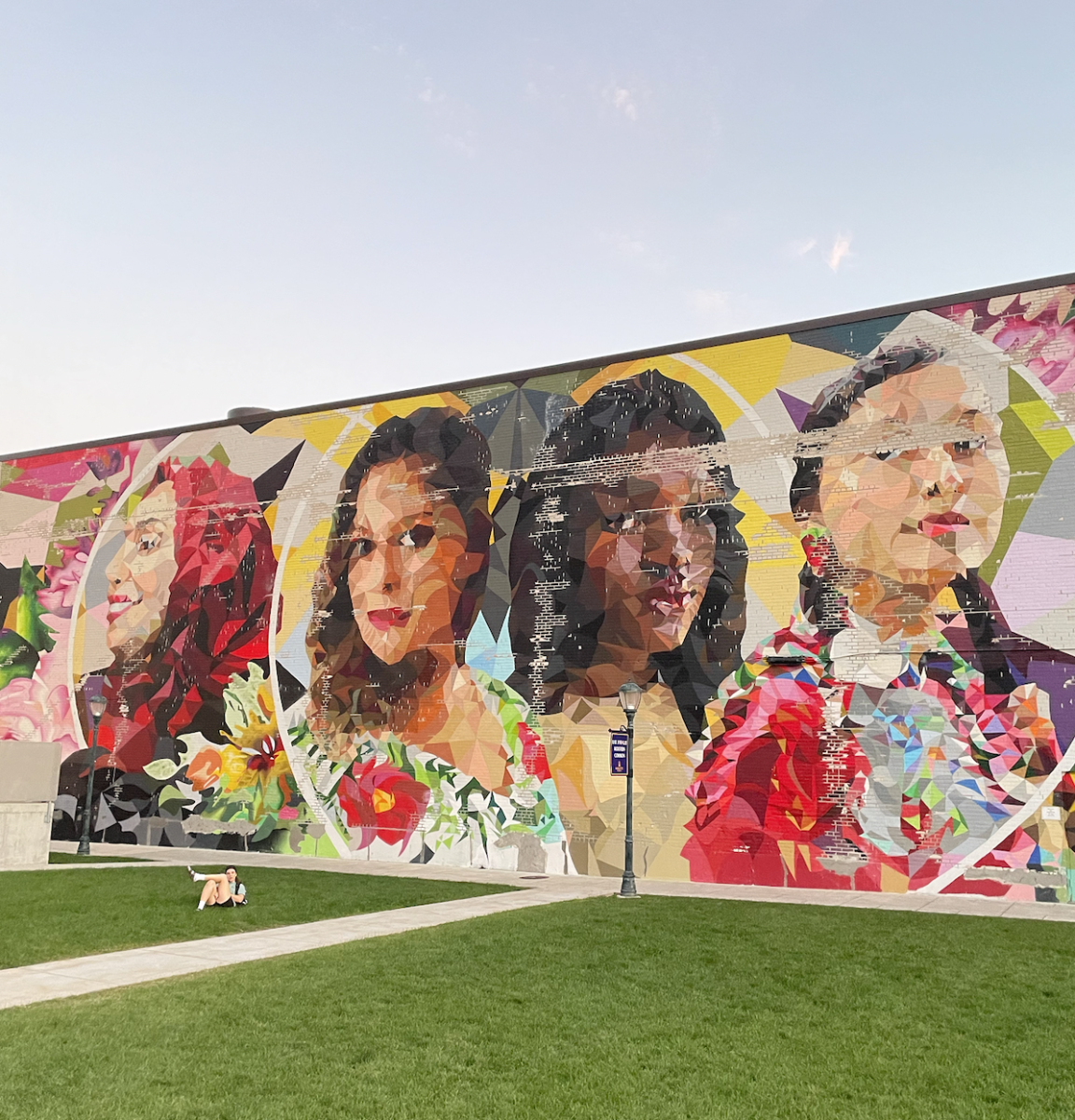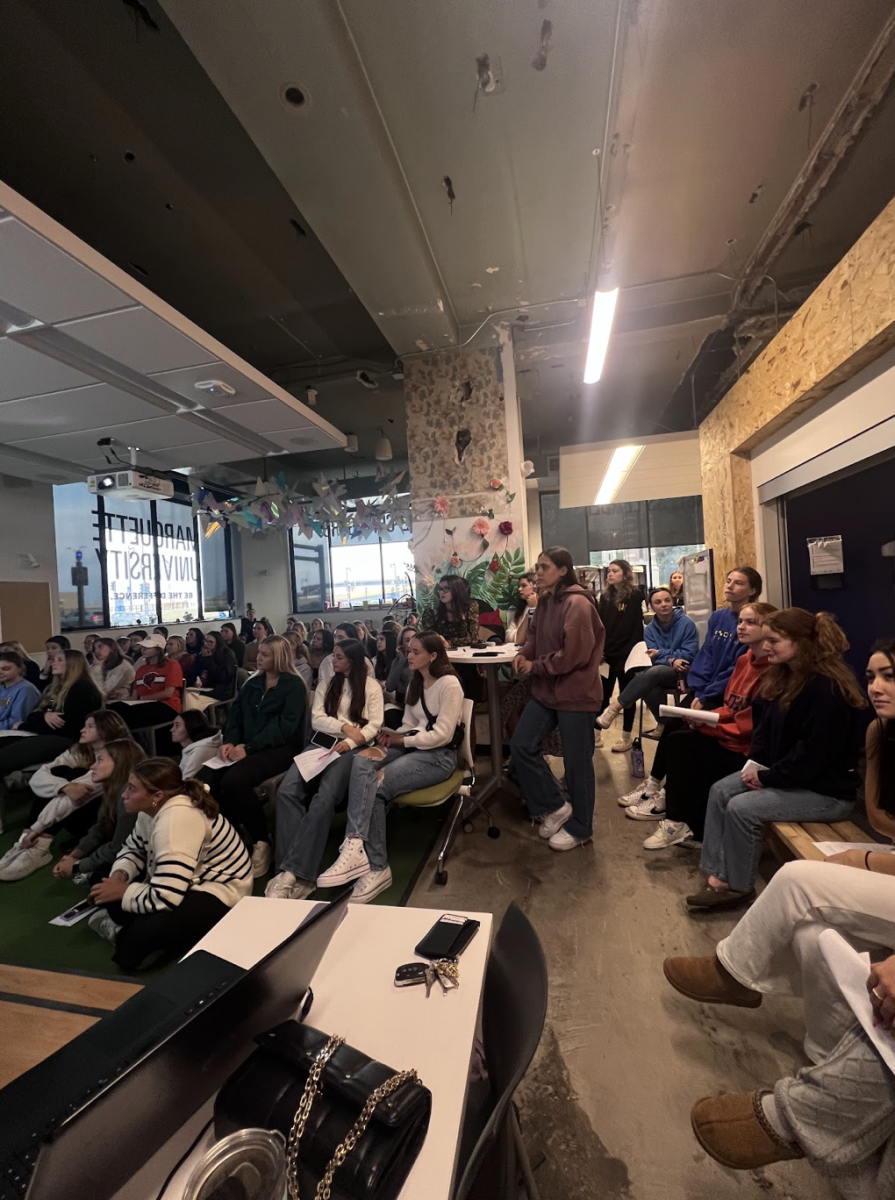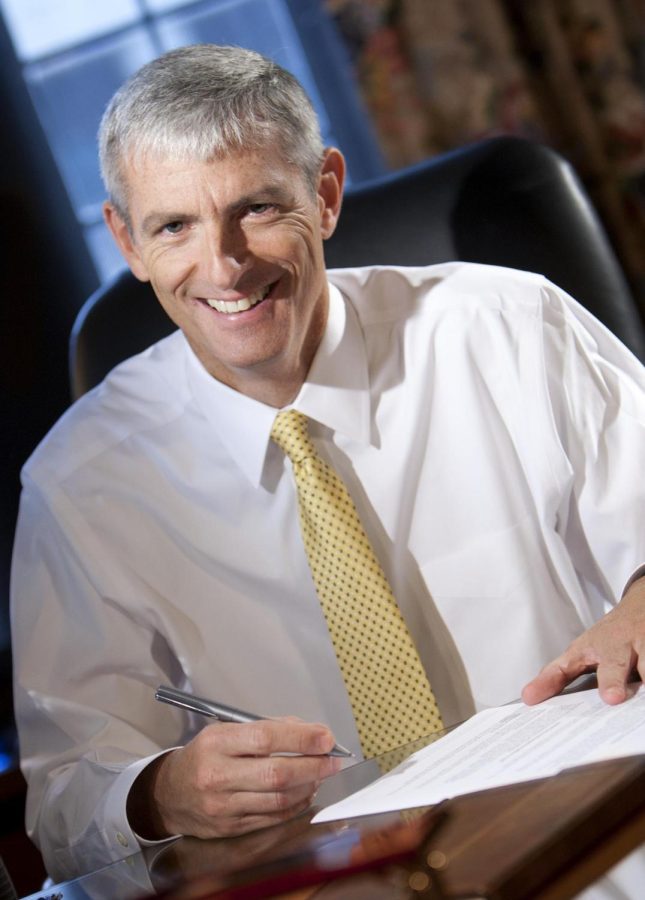Wisconsin’s governor race is getting narrower and narrower, according to the latest Marquette Law Poll.
The poll, which is widely considered the standard for Wisconsin election data, shows that Gov. Scott Walker and his Democratic challenger Mary Burke statistically tied at 46 percent of registered voters. Five percent of voters remain undecided.
The big news of the poll, however, shows that incumbent Walker gained a lead among likely voters, edging Burke by roughly three points, at 49-to-46 percent. In the last poll, Burke led Walker 48.6-to-46.5 among likely voters.
Charles Franklin, director of the poll, said much of the race changes between August and September are due to increased Republican enthusiasm, adding when the previous poll was taken in August, Democrats were more likely to vote than Republicans. The new poll predicts the opposite, giving a predicted advantage to Republicans.
“Elections are about both candidate preference and turnout,” Franklin said in a news release. “Changes in either can shift elections.”
Between August and September, the number of Republican voters included in the poll shifted by 5 percentage points, outnumbering Democrats 32-to-28 percent. About 38 percent stating they are independent.
Of the past 24 polls conducted by Marquette Law, this was the fourth time that Republicans outnumbered Democrats.
Franklin said much of the partisan shift is due to a “particular surge” in Republican identification among 18- to 29-year-olds.
In terms of enthusiasm, 67 percent of Republicans and 60 percent of Democrats said they are “very enthusiastic” about the election, compared with 47 percent of independents. All of those numbers are up from the last poll.
The poll was conducted between Sept. 11 and 14 with 800 registered voters and 589 likely voters.
JOBS AND THE ECONOMY
In terms of job creation, voters appear slightly more optimistic about the economy over the past month.
About 42 percent of registered voters said the state is lagging behind other states in job creation while 37 percent said Wisconsin is adding jobs at about the same rate. Those numbers shifted from 48 and 34 percent respectively in August.
On Gov. Walker’s 2010 campaign pledge to create 250,000 new jobs in his first term, 84 percent of voters said the state will fall short of that number while 11 percent said it will be reached. When last asked in March, 80 percent said the state would fall short and 13 percent said the goal would be reached.
More than 40 percent of voters said each candidate has been clear about what he or she would do as governor, with 57 percent responding Walker has been clear, and 42 percent saying Burke has been clear.
OTHER ISSUES
Beyond the usual campaign issues, the latest poll also collected public opinion on a range of issues, from the proposed Kenosha casino to requiring photo IDs for voters.
Fifty percent of voters said the governor should approve construction of a proposed Menominee-backed Kenosha casino while 39 percent said Gov. Walker should reject it.
Franklin also said support for the legislation requiring photo IDs changed very little over the course of the last seven polls, averaging at 62 percent. In the latest poll, 61 percent of registered voters supported the law while 35 percent were opposed.
Republicans support photo ID more than Democrats, with 87 percent of Republicans in favor of the law and 62 percent of Democrats opposing the law.
Polling took place when a federal appeals court reinstated the photo ID law, but Franklin said the decision did not cause a big change in opinion.

